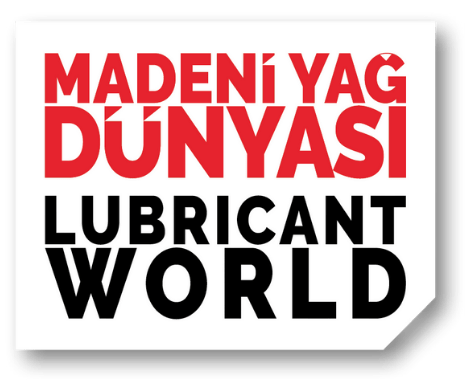Petroleum-based, synthetic and bio-lubricating oils with its environmental effects throughout the life cycle cause climate change by affecting human health and environment, especially soil, air and water. Potential impacts and effects on the environment and human health are evaluated by the Life Cycle Assessment (LCA). Environmental effects such as toxicity, ecotoxicity, respiratory organics and inorganics, radiation, ozone layer depletion, land use, acidification, eutrophication, biodiversity, fossil fuels, minerals, soil-water-air pollution, climate change and damages to human health, ecosystem quality, and resources are determined according to the relevant standards with Life Cycle Assessment. In addition, Ecolabel, Environmental Product Declaration, and eco-design studies are also carried out by calculating Carbon Footprint (CFP) and Water Footprint (WFP). To sum up, LCA determines solutions to make production cleaner and more sustainable by taking “x-rays” to prevent the ecosystem from deteriorating. The severity of the environmental impacts is also revealed in the reports.
Among the ten environmental, geopolitical, economic and social risks identified in the Global Risk Report of World Economic Forum dated January 11, 2022, the following points stand out:
- Failure of climate action
- Extreme weather events
- Biodiversity loss
- Human harm to the environment
- Natural resources crisis
These environmental risks also increase other risks. This situation also being emphasized with “A scientific blueprint to tackle the climate, biodiversity and pollution emergencies” by United Nations Environment Programme (UNEP) dated 2021 February. We are mobilizing for the climate crisis, food and water security, health and biodiversity throughout the UN Decade on Ecosystem Restoration (2021-2030), which began on June 5, 2021. Because next ten years are our last chance.
For these reasons, it is important to work on LCA of lubricating oils and to reduce their environmental impact. Because lubricating oils which are ubiquitous in life, interact with nature and people in land and in water. Even a drop of lubricating or waste oil should not be released to nature throughout its life cycle. Hydrocarbons of lubricants have no place in nature. When a lubricant and waste oil spill, scatter, leak into the soil and/or water, it negatively affects the land and aquatic ecosystem and harms plants, animals and microorganisms. Our nature is bursting with spring. In March, we highlighted our nature by saying “Creative Innovation” on 18th March Global Recycling Day, “Forests and Health” on 21st March World Forestry Day, and “Accelerating Change” on 22nd March World Water Day.
The carbon footprint of lubricating oils and their packaging indicates the climate change impact of both their producers and those who consume the lubricants. We will meet at the VIII Istanbul Carbon Summit and examine these effects on 2nd of May 2023, in the registered green campus of Istanbul Technical University (ITU) under the auspices of Ministry of Environment, Urbanization and Climate Change. We are waiting for the presence of Prof. Dr. Mehmet Emin Birpınar, Deputy Minister of Environment, Urbanization and Climate Change and Chief Climate Change Negotiator of Türkiye to the summit where we will listen the success stories of climate finance, carbon trading and carbon management of business world from the top managers by the motto “Climate Resilient Industry and Strong Türkiye”. Orhan Solak, Head of Climate Change at the Ministry of Environment, Urbanization and Climate Change, will honor our summit with his speech titled “Net Zero Target on Türkiye’s Green Transformation Path”. We invite you to the first and only event of the subject where we will present the Sustainable Production and Consumption Association 2023 Little Carbon Hero Award and the 2023 Low Carbon Hero Award. Welcome to the registered green campus of ITU. We are waiting for you.




